Bicycle Transportation Alliance: Tapping Oregon lottery funds for bike/ped
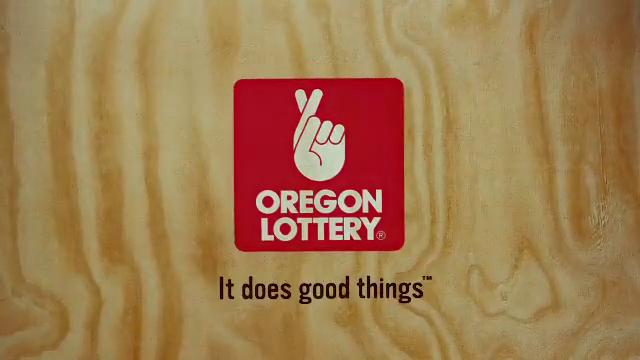
In 2013, the Bicycle Transportation Alliance successfully led a campaign to allow a lottery-backed funding pool for transportation projects to fund biking and walking projects. Oregon communities will potentially be able to access $42M in project construction funds for biking.
Nominated by: Gerik Kransky
TRED of Rome-Floyd County: Winning sales tax dollars for a Georgia trail

Nominated by: Brent BuiceAt an Alliance Winning Campaign Training on a scholarship from Georgia Bikes, TRED advocates developed an ambitious plan to add a trail project to a ballot referendum. Not only were they successful in getting the item added to the project list, but they also led a campaign in the community that resulted in the referendum passing by less than 100 votes! The citizens of Rome-Floyd County will levy a limited-duration 1 cent sales tax for special projects, including a vital bike-ped connector trail.
Active Transportation Alliance: Building America’s best new bike lane
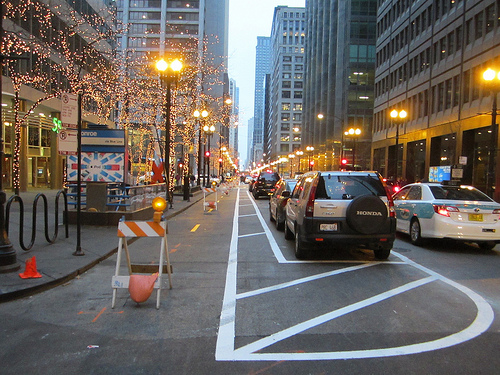
Chicago’s new 1.15 mile-long protected bike lane was been a success thanks in large part to the efforts of the Active Transportation Alliance. Active Trans mobilized almost 5,000 supporters and enlisted the support of business associations and high-profile members of the business community. This project has been a springboard for an expanding the network of protected bike lanes in Chicago, setting a high bar for future projects.
Nominated by: Jim Merrell
Georgia Bikes: Georgians kill the worst bicycle bill ever
A handful of Georgia legislators proposed a bill that would have required licenses for all cyclists and required that all bicyclists ride single file in groups of four or less. Georgia Bikes sounded the alarm, and advocates bombard the architects of the ill-fated bill. The bill’s coauthors quickly retreated. Huzzah!
Nominated by: Teresa Hutson
Washington Bikes: Washington state Neighborhood Safe Streets Bill
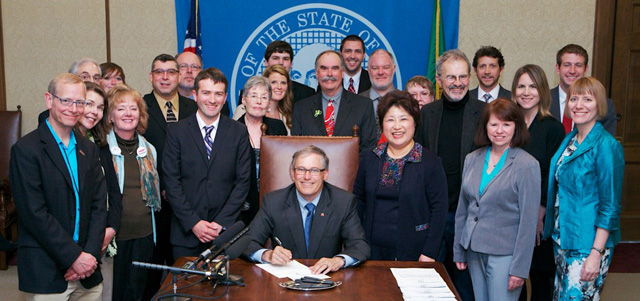
Thanks to a long advocacy effort by Washington Bikes and others, the state legislature passed this bill, which gives cities and towns the authority to set speed limits to 20 miles per hour on non-arterial streets. The law provides cities and towns the local control to design streets for low-stress, low-speed neighborhood travel. Washington Bikes hopes to use the victory to build neighborhood greenways, slow-speed connections around schools, and local slow zones.
Nominated by: Brighid O’Keane
Bike Walk Alliance for Missoula: The hard-won Missoula Lolo Trail
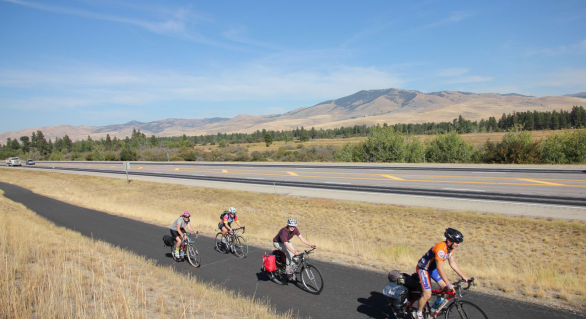
After 20 years of trying to build this 50-mile path from Missoula to Hamilton, the project was denied funding by Federal Lands Access Program reviewers. But no matter: Bike Walk Alliance for Missoula and Adventure Cycling advocates rallied to raise money to rehire the project’s contractors in just 24 hours, then rewrote the application to fit TIGER parameters. Thanks to their efforts and support from Senator Tester, the project received funding.
Nominated by: Brighid O’Keane
Recycle-A-Bicycle: Creating and growing the Youth Bike Summit
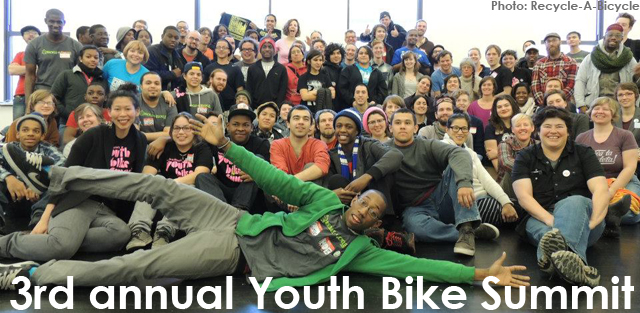
Recycle-A-Bicycle has successfully grown its Youth Bike Summit and created a national network of organizations that focus on youth in bicycling. The 2013 Summit saw over 375 attendees from 24 states -- an increase of over 100% since the 2011 founding summit. Youth Bike is a key element in helping to transform the future of national bike advocacy as it takes the necessary steps toward becoming a more accessible, inclusive movement.
Nominated by: Pasqualina Azzarello
Community Cycles: Double bike/ped ballot measures in Boulder
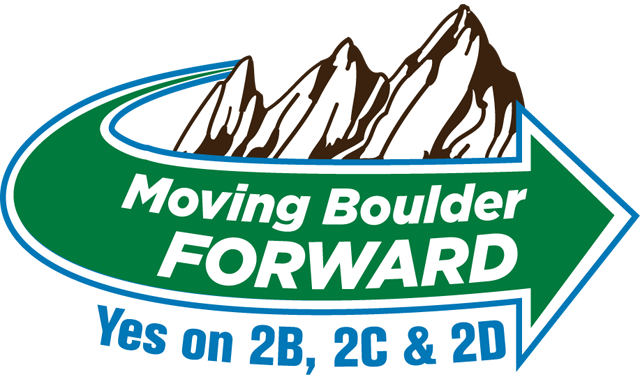
Community Cycles worked with partners to pass two ballot measures that will create a local sales tax to fund bike and pedestrian infrastructure. The funds will bring in $4.2M per year for 16 years to keep roads safe for people who walk and bicycle in Boulder, including low-stress on-street bike facilities and key maintenance projects.
Nominated by: Brighid O’Keane
Bike East Bay & San Francisco Bicycle Coalition: Bay Area Advocates win full bike access on BART
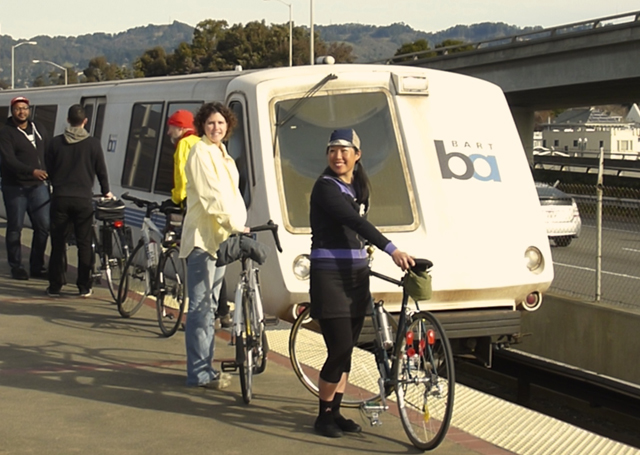
The San Francisco Bay Area Rapid Transit System (BART) was built in the early 1970s with no provision for access by bicyclists. Early advocacy efforts provided very limited access for bicycles – but it wasn’t until 2013 that a coalition of Bay Area advocates teamed up to convince BART to authorize pilot programs for full bicycle access. The programs’ success resulted in a decision near year-end 2013 to permanently allow bicycles on BART at all hours.
Nominated by: Renee Rivera

